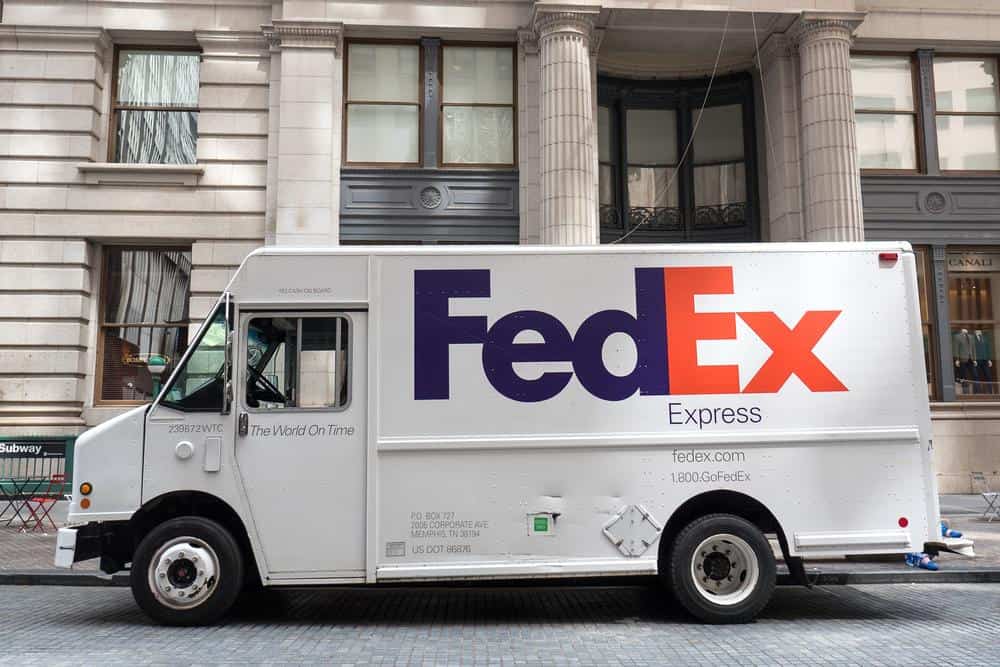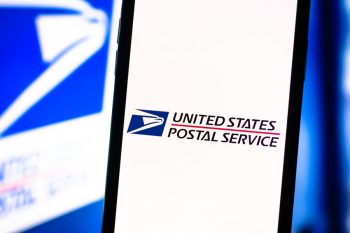
In today’s digital world, phishing scams and fraudulent emails are an unfortunate reality. One such scam that has been circulating involves emails impersonating FedEx, a leading global courier delivery services company. These emails may appear legitimate, but they’re designed to trick you into divulging personal information or downloading malware. This article will help you identify and protect yourself from such scams by teaching you how to determine if a FedEx email is legitimate.
To determine if a FedEx email is legitimate, check for an official FedEx email address such as “@fedex.com”, accurate information about your shipment, no requests for personal information or money, no suspicious attachments, and proper grammar and spelling. Be cautious of emails with unexpected delivery notifications, poor grammar and spelling, urgent requests for money, requests for personal information, links to unfamiliar websites, and attachments. If you receive a suspicious email, do not click on any links or download any attachments, forward the email to [email protected], and then delete it.
Understanding FedEx’s Email Communication
FedEx typically communicates with its customers via email through a service called “FedEx Emails Your Way.” This service allows customers to choose which email communications and e-newsletters they want to receive from FedEx. These emails could include updates on shipments, promotions, and other relevant information. If you’re a FedEx customer, it’s essential to understand how FedEx communicates to distinguish between legitimate and illegitimate emails.
Identifying a Legitimate FedEx Email
A legitimate FedEx email will have specific characteristics that can help you identify them and differentiate them from fraudulent ones. Here’s what to look out for:
- Official FedEx email address: Genuine FedEx emails will come from an official FedEx email address, such as “@fedex.com”.
- Accurate information: Legitimate FedEx emails will contain accurate information about your shipment, tracking number, or other relevant details.
- No requests for personal information: FedEx will not ask for your personal information, such as passwords, Social Security numbers, or financial details, in an email.
- No unexpected requests for money: FedEx will not send emails asking for money in return for package delivery or with a sense of urgency.
- No suspicious attachments: Legitimate FedEx emails will not contain suspicious attachments or links that could potentially infect your computer with malware.
- Proper grammar and spelling: Genuine FedEx emails will have proper grammar and spelling, while fraudulent emails may contain errors or awkward phrasing.
Red Flags Indicating a Fraudulent FedEx Email
There are several red flags that can help you identify fraudulent or phishing emails disguising as FedEx:
- Unexpected delivery notifications: Be cautious of emails informing you about a failed package delivery or asking you to provide personal information to verify your identity.
- Poor grammar and spelling: Emails with grammatical errors and frequent use of exclamation points should raise suspicion.
- Urgent requests for money: FedEx will never ask for money in return for the delivery of your packages.
- Requests for personal information: Legitimate FedEx emails will not ask for sensitive personal information or financial details.
- Links to unfamiliar websites: Be cautious of clicking on links in emails, especially if they lead to unfamiliar websites. Instead, visit the official FedEx website and use the tracking number provided to check the status of your package.
- Attachments: Be wary of emails with attachments, as they may contain malware or viruses.
Verifying the Sender’s Email Address
To verify if an email is genuinely from FedEx, you should check the sender’s email address. Legitimate FedEx emails will come from an official FedEx domain, such as “@fedex.com”. Be cautious of emails from addresses with slight variations, like hyphens or additional characters, as these could be phishing attempts.
What to Do If You Receive a Suspicious Email
If you suspect that you have received a fraudulent email posing as FedEx, you should:
- Do not click on any links or download any attachments within the email, as they may contain malware or lead to phishing websites.
- Forward the suspicious email to [email protected], so that FedEx can investigate and take appropriate action.
- Delete the email immediately after forwarding it to FedEx.
Staying Informed and Protected
FedEx has issued warnings and alerts about fraudulent emails and text messages. To stay updated, visit FedEx’s official website and their Trust Center for information on recognizing and reporting fraud. Follow FedEx on social media platforms, where they may share updates and alerts about scams.
Remember that the best defense against phishing attempts and potential fraud is vigilance. Always verify the sender’s email address, check for any inconsistencies in the email content, and avoid clicking on suspicious links or downloading attachments. If you’re unsure about the legitimacy of an email, contact FedEx directly through their official channels.
By staying informed and vigilant, you can protect yourself from falling victim to email scams impersonating FedEx. Remember, if something seems too good to be true, it probably is. Stay safe online!
Frequently Asked Questions
What types of emails does FedEx typically send?
FedEx typically sends emails related to shipment updates, promotions, and other relevant information. They also offer a service called “FedEx Emails Your Way,” which allows customers to choose the type of email communications they want to receive.
Does FedEx ever ask for personal information via email?
No, FedEx will never ask for your personal information, such as passwords, Social Security numbers, or financial details, in an email. Any email asking for such information is likely a scam.
What should I do if I receive an email from FedEx that I think is fraudulent?
If you receive a suspicious email that appears to be from FedEx, do not click on any links or download any attachments. Forward the email to [email protected] for investigation and then delete it immediately.
Where can I find updates and alerts about FedEx email scams?
FedEx’s official website and their Trust Center provide information on recognizing and reporting fraud. You can also follow FedEx on their social media platforms for updates and alerts about scams.
What does a legitimate FedEx email address look like?
A legitimate FedEx email will come from an official FedEx domain, such as “@fedex.com”. Be cautious of email addresses with slight variations, like hyphens or additional characters, as these could be phishing attempts.












